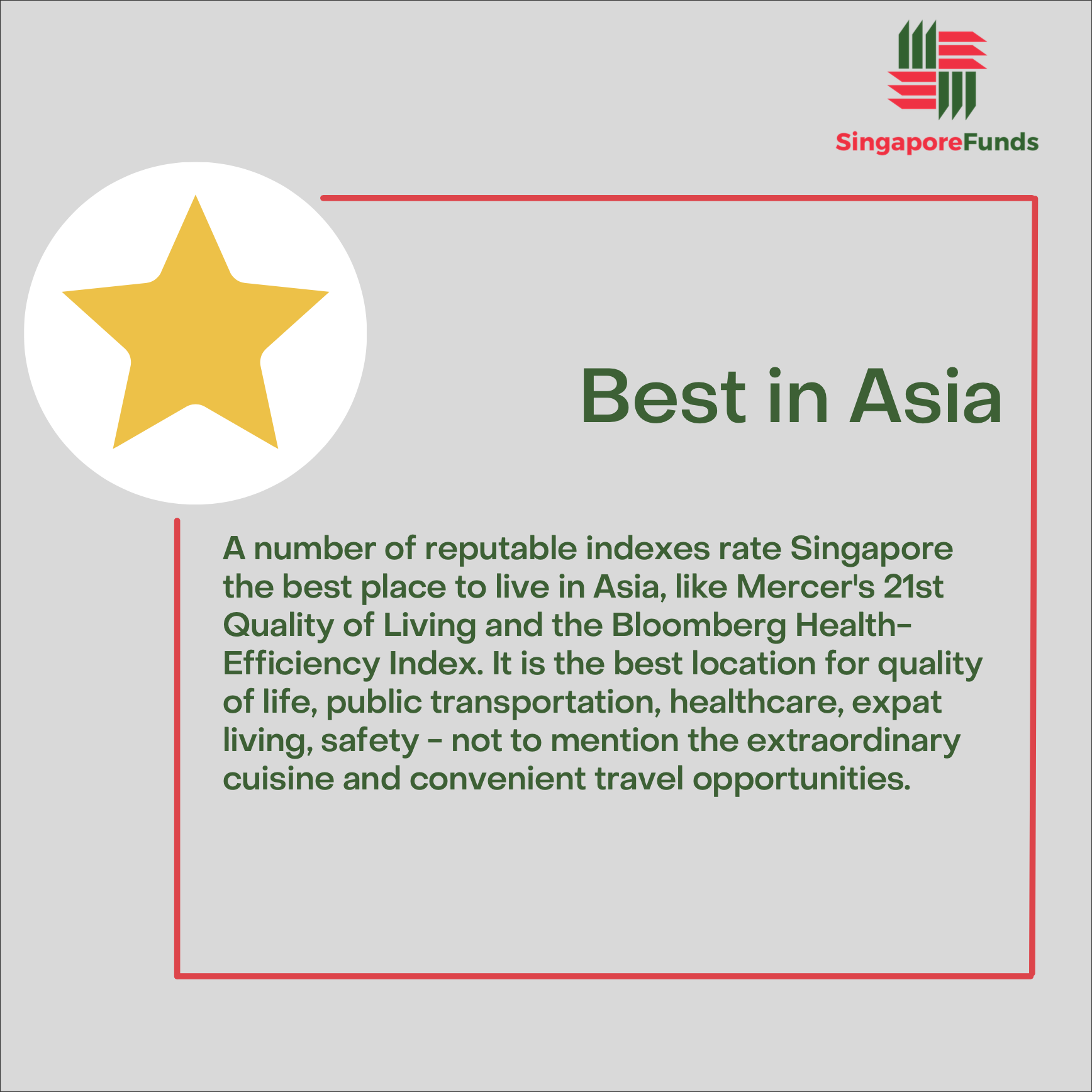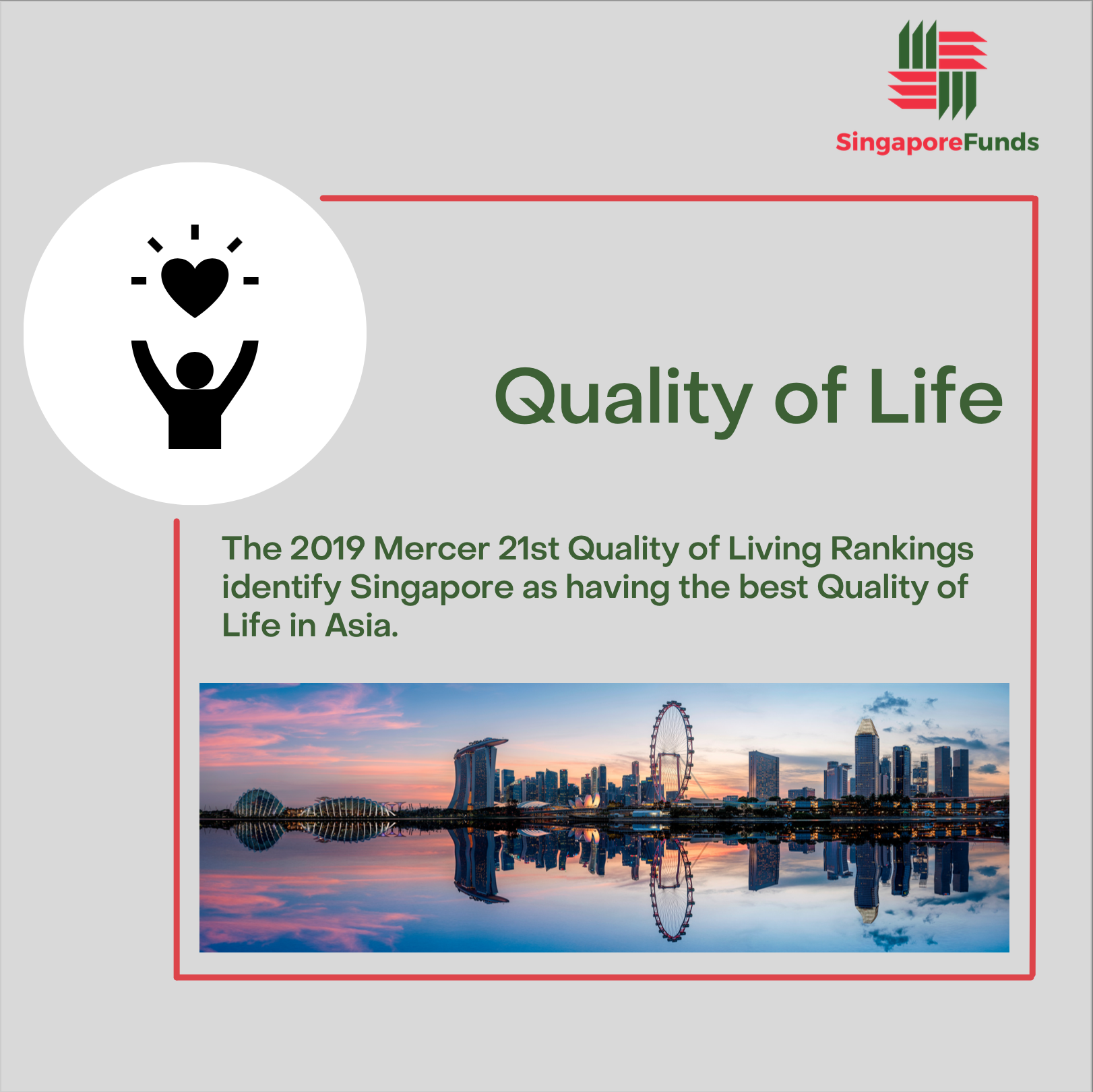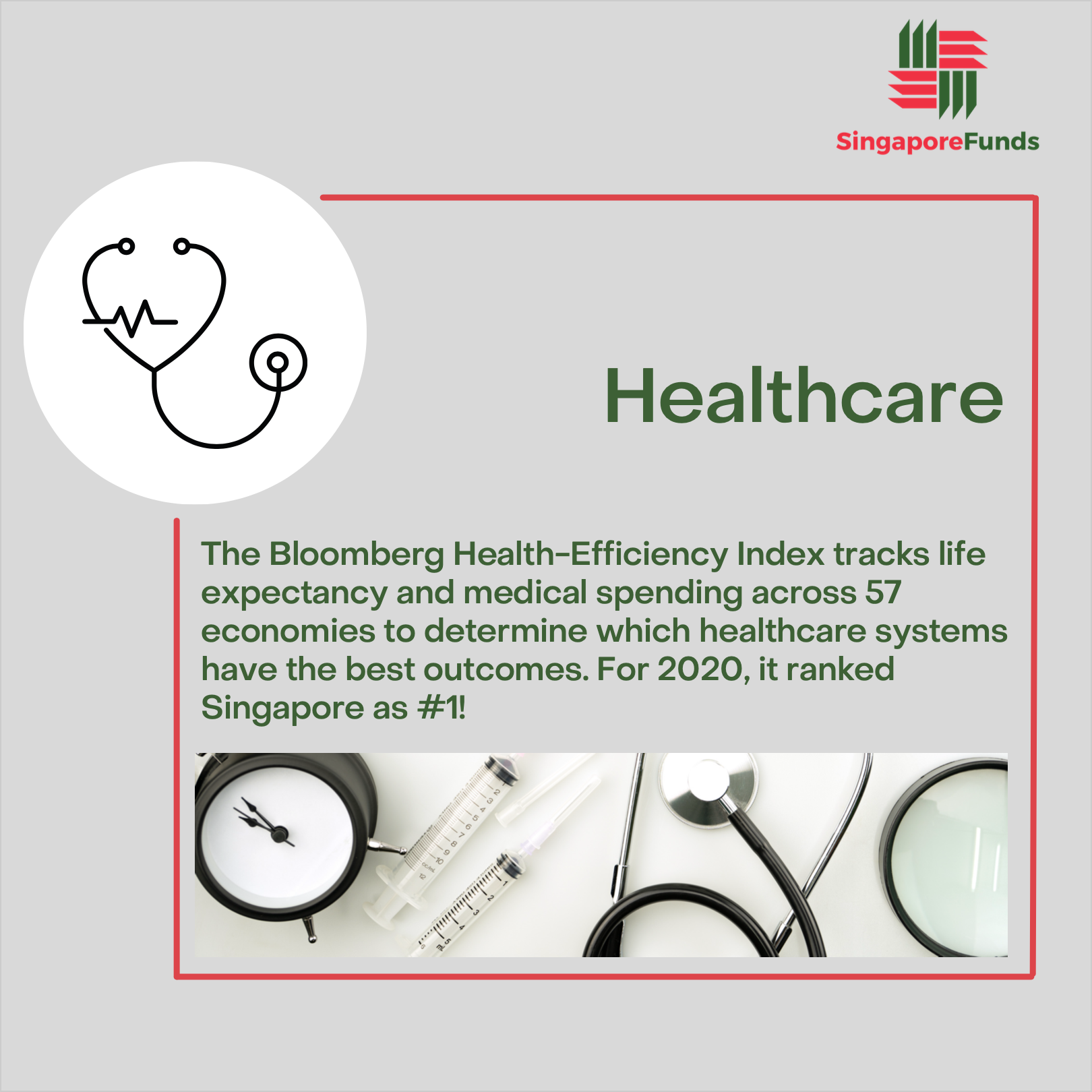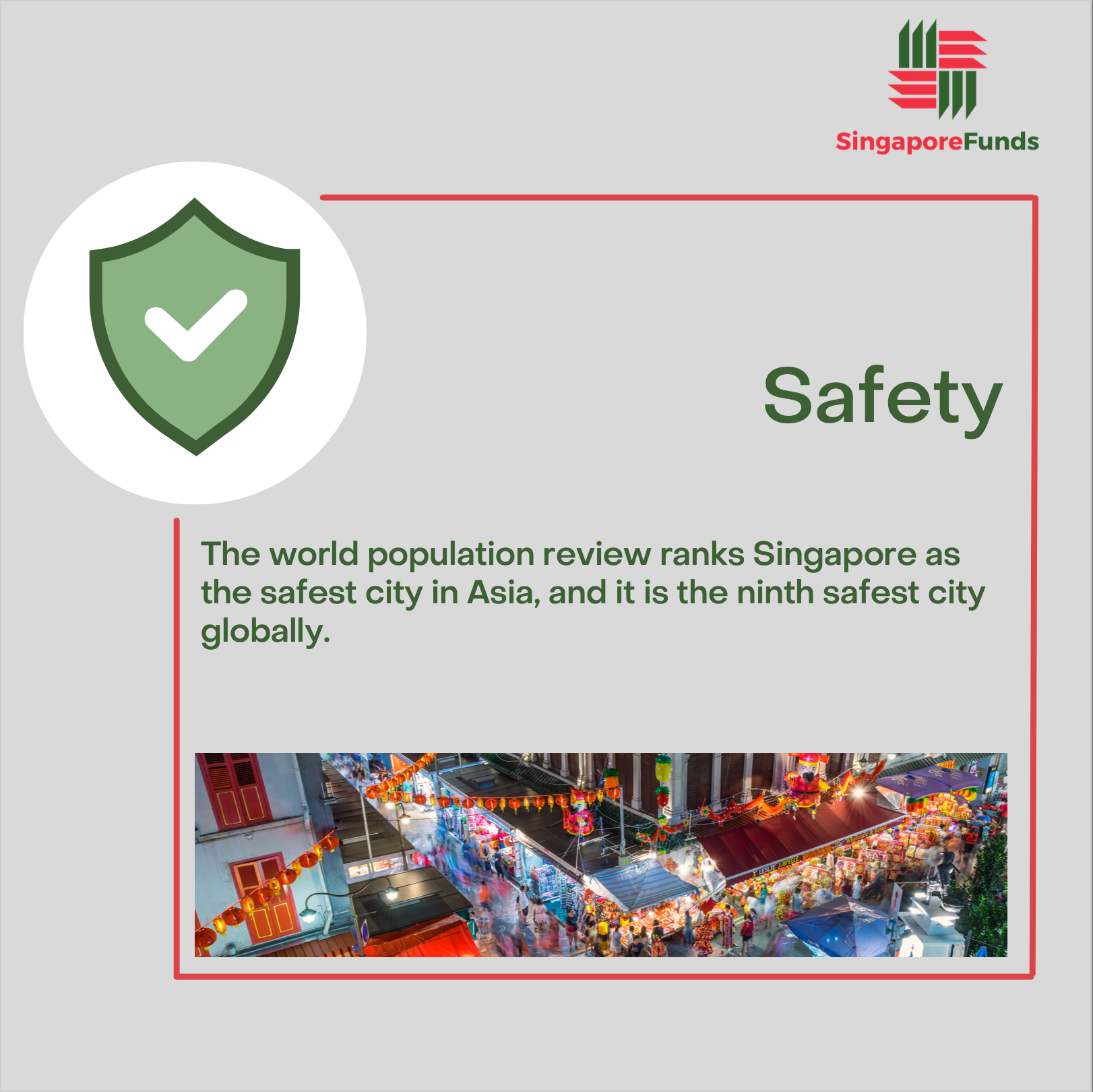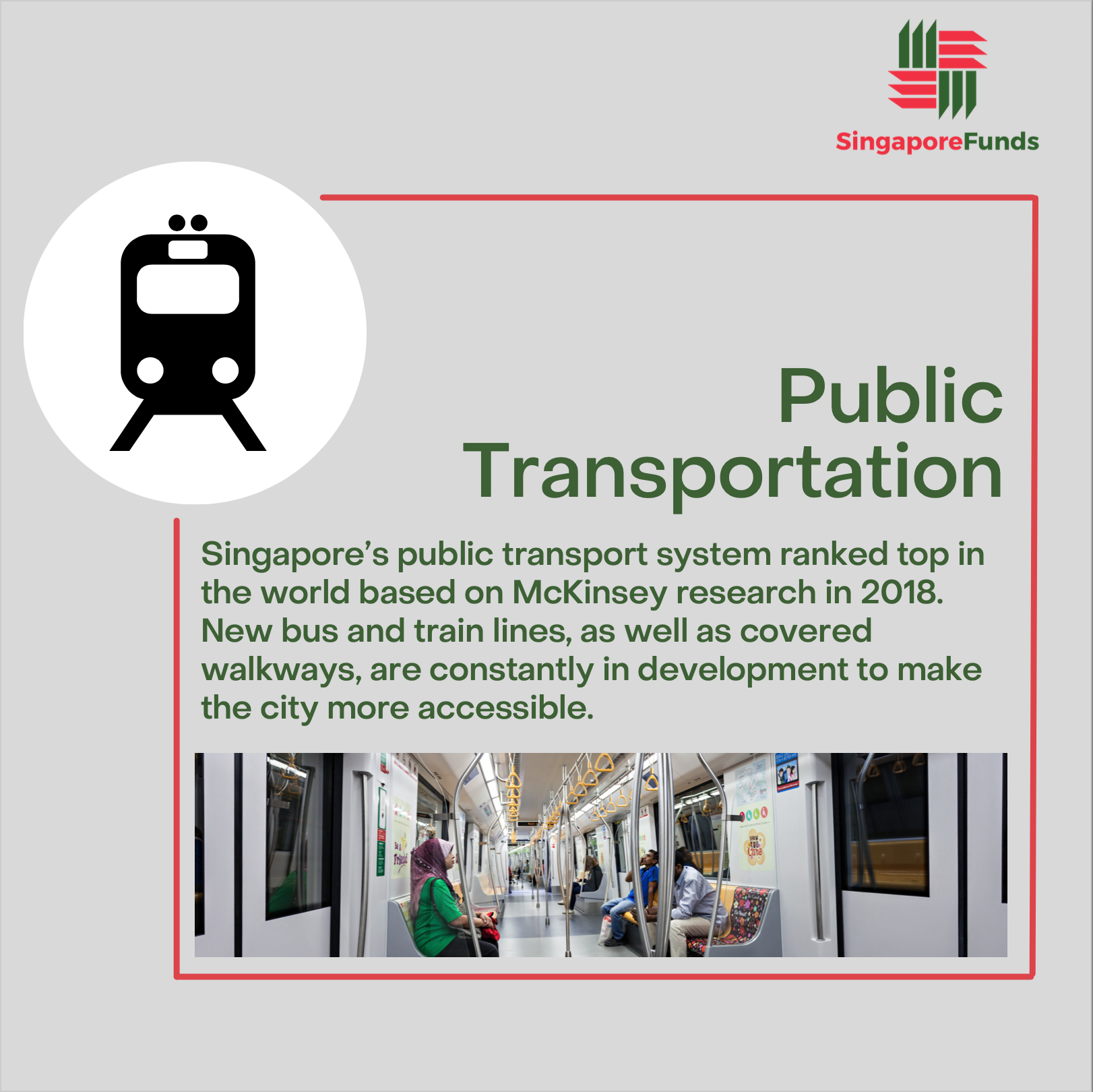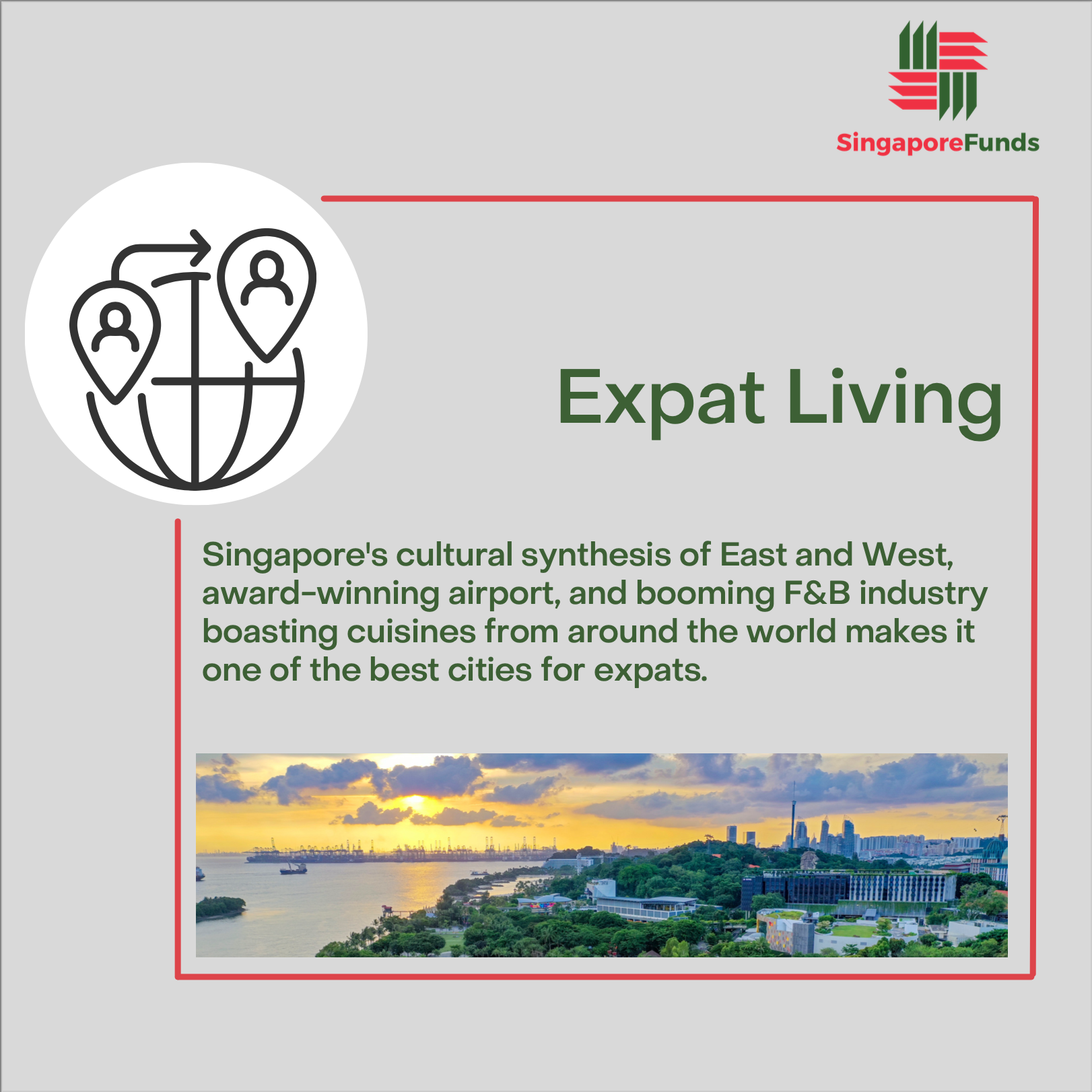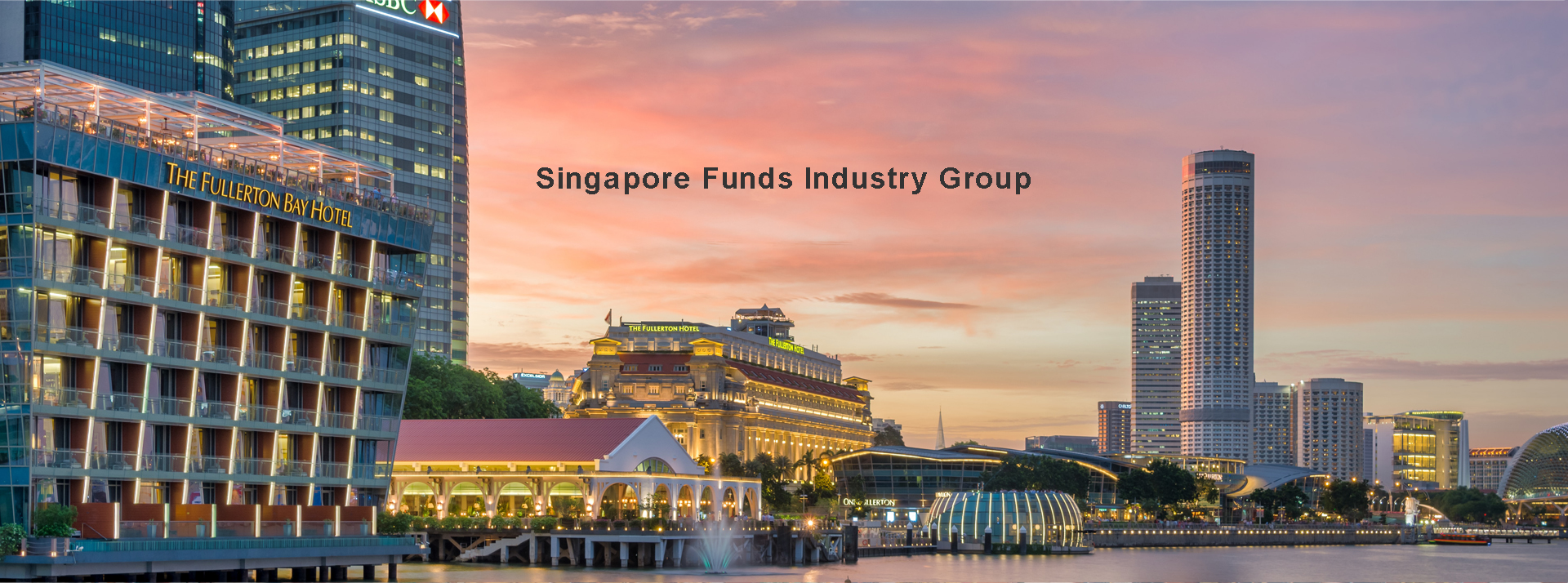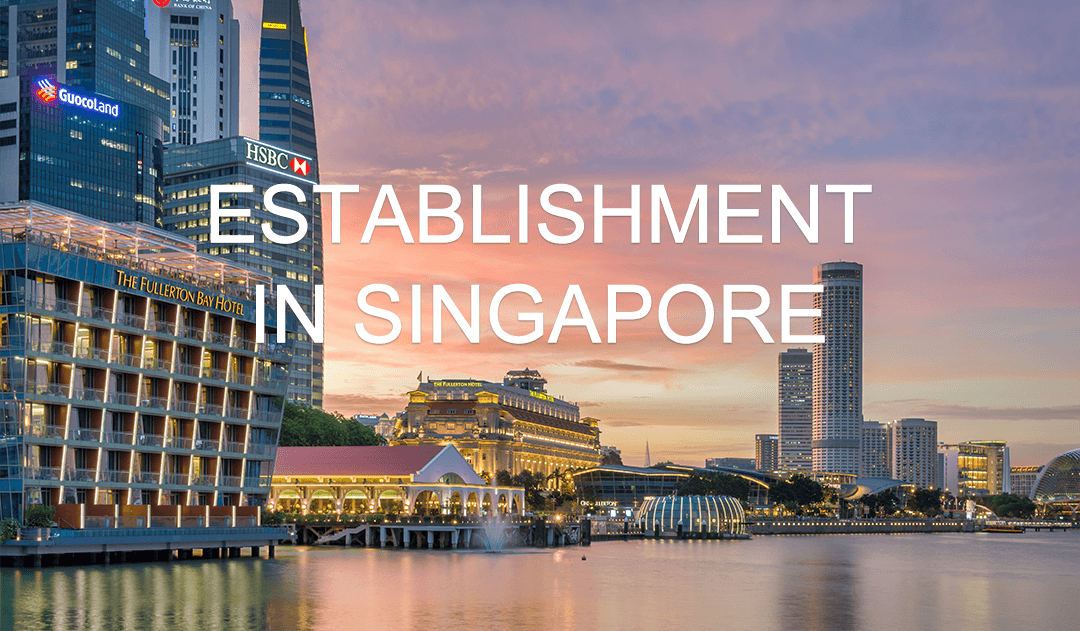Establishment in Singapore
-
- The carrying on of investment management and/or investment advisory activities in Singapore is an activity that is regulated under the Securities and Futures Act (Cap. 289) of Singapore.
- Any person carrying on a regulated activity would need to be regulated by the Monetary Authority of Singapore, unless an applicable exemption from this requirement can be relied upon.
- Managers managing client moneys, whether through a pooled investment schemes, known locally as collective investment schemes, or though separately managed accounts, will generally have to seek approval to do so, prior to any commencement of an investment management business.
- There are available self-invoking exemptions where the asset class being managed is in “immovable assets”. This exemption has been invoked by managers managing real estate and infrastructure funds.
- An exemption is also available where the assets being managed is on behalf of “related corporations” ie members of the same group of companies. This exemption has been most commonly utilised by single family offices.
- Where an activity requires the grant of licenses and registrations, various quantitative and qualitative criteria apply.
- Applications for such approvals requires careful preparation of prescribed forms, discussions on proposed business activities, and disclosure of particulars of key personnel and shareholders.
Guidelines on Licensing, Registration and Conduct of Business for Licensed or Registered Fund Management Companies
FAQs on the Licensing and Registration of Fund Management
The FAQs provides guidance on the requirements and procedures to apply to be a fund management company, and to appoint representatives to carry out fund management activities.
Compliance Toolkit
The MAS proves a helpful Compliance Toolkit which aims to guide and facilitate licensed fund management companies, registered fund management companies, venture capital fund managers’ compliance with the various MAS approval and reporting requirements and timelines.
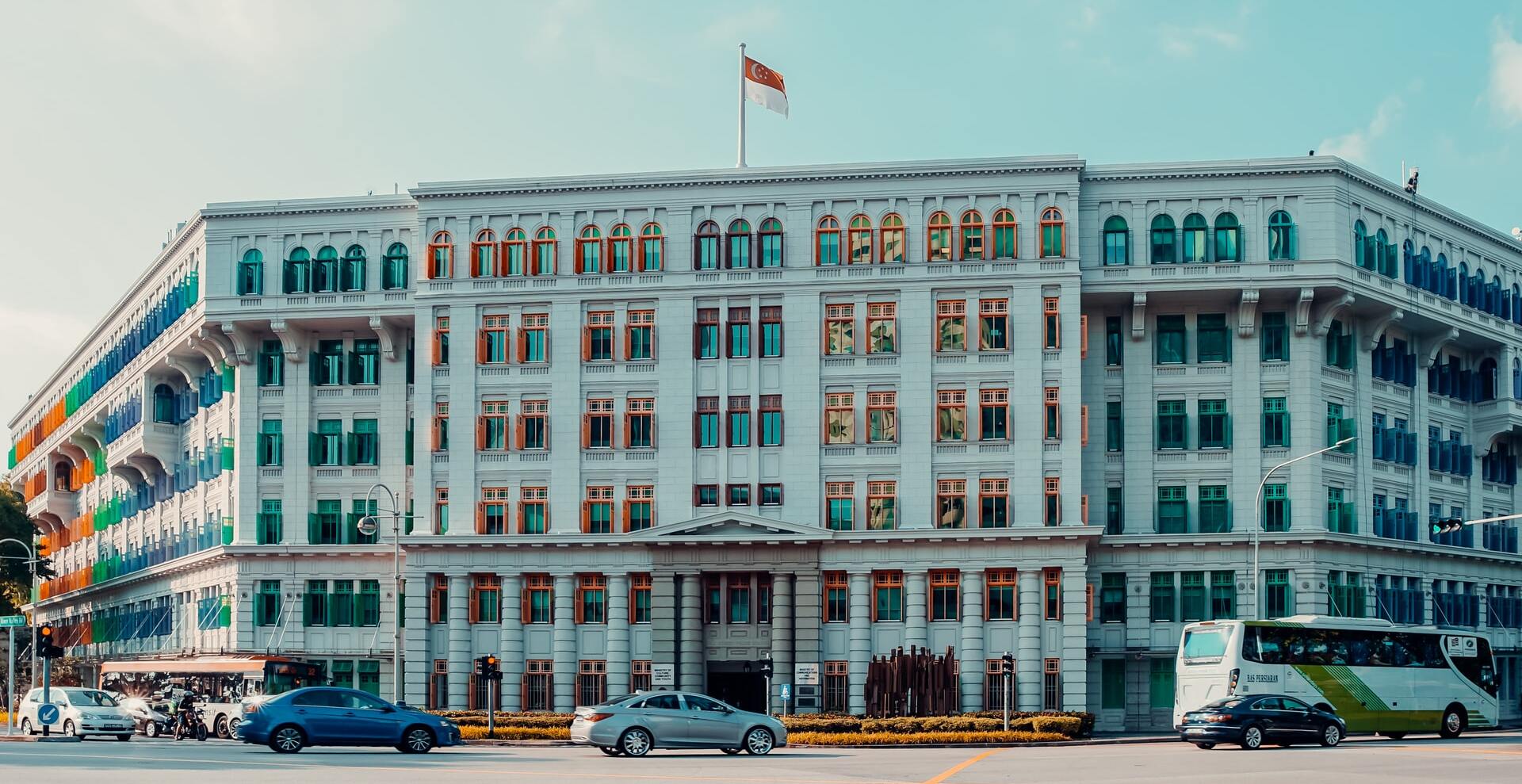
-
If your company wishes to conduct regulated fund management activities under the Securities and Futures Act (SFA) it must be registered with MAS or hold a capital markets services (CMS) license to operate either as a:
- Registered fund management company (RFMC) or
- Licensed fund management company (LFMC)
- Managers of venture capital funds may also apply to operate under the venture capital fund manager (VCFM) regime.
- Individuals performing key functions in a fund management company, such as portfolio construction and allocation, research and advisory, business development and marketing or client servicing are required to be Registered Representatives.
You can find out more about fund management activity and the various types of fund management authorisation statuses here.
There are essentially four categories of licenses/registrations namely:
-
Registered Fund Management Companies
-
Capital Markets Services Licenses – Accredited and Institutional Investors
-
Capital Markets Services Licenses – Retail Clients
-
Capital Markets Services Licenses – Venture Capital
Note that there are significant ongoing compliance and regulatory requirements including regulations relating to AML, risk management, personnel, outsourcing, ESG, periodic filings, customer assets and various conduct of business requirements. You should seek professional advice to better understand these requirements. These have not been included in the tables above.
For further detailed information, please click on the below link to the MAS Guidelines on Licensing, Registration and Conduct of Business For Fund Management Companies.

-
Registered Fund Management Companies
Managers with assets under management less than S$250m can seek registration as a “registered fund management company”.
This is a category for start-ups and managers with smaller AUM’s and compliance and regulatory requirements are lower as compared to managers with capital markets services licenses.
Clients must be accredited or institutional investors. There is also a limit to the number of clients/investment funds being managed.
Registered Fund Management Companies ["Registered FMCs"]
-
Type of Approval
- Submission of registration form to MAS
- MAS will review forms
- If registration is successful, MAS will publish Registered FMC’s name on the MAS’ online directory
- AUM less than S$250m
-
Restrictions
- Clients - not more than 30 qualified investors, of which not more than 15 can be investment pools or funds. (Can have unlimited number of investors in funds but all must be accredited investors or institutional investors)
-
Corporate Track Record
- Nil
-
Number of Directors
- At least 2 directors (at least 1 resident)
- Nominee directors not counted for 2-director requirement
- Experience in the financial services industry recommended (including managerial experience or experience in a supervisory capacity)
- 1 director must be resident and appointed as CEO
-
Number of Representatives
- At least 2 full-time resident representatives
- Essentially anyone performing a front office role i.e. portfolio management, research, trading and execution and marketing
-
Relevant Experience / Individual Track Record
- At least 2 full-time resident individuals, each of whom has a minimum of 5 years of relevant experience in fund management value chain
- “Relevant experience” may include experience in industry segments that are within the fund’s investment mandate
- Anyone with experience in fund management value chain including both front office and back office, portfolio management, research and advisory, trading and execution, risk management, operations
-
CMFAS Exams (for representatives)
- Nil
-
Professional Indemnity Insurance ("PII") / Base Capital*
- Strongly encouraged, but not mandatory
- S$250,000
* Base capital is the paid-up capital plus audited profits less losses (including interim intra-year losses). For Licensed Al FMCs and Licensed Retail FMCs, additional capital requirements apply.
* Representatives must spend substantially all their business time in front office activity.
Note that there are significant ongoing compliance and regulatory requirements including regulations relating to AML, risk management, personnel, outsourcing, ESG, periodic filings, customer assets and various conduct of business requirements. You should seek professional advice to better understand these requirements. These have not been included in the tables above.
For further detailed information, please click on the below link to the MAS Guidelines on Licensing, Registration and Conduct of Business For Fund Management Companies.

-
-
Capital Markets Services Licenses – Accredited and Institutional Investors
Managers having assets under management of more than S$250m must hold a capital markets services license.
Licensed Accredited / Institutional Fund Management Companies ["Licensed AI FMCs"]
-
Type of Approval
- License application process
- MAS' prior approval needed
- License required if more than S$250 AUM
-
Restrictions
- Clients - only accredited and institutional investors only
-
Corporate Track Record Restrictions
- Nil
-
Number of Directors
- At least 2 directors (at least 1 resident)
- Nominee directors not counted for 2-director requirement
- Experience in the financial services industry recommended (including managerial experience or experience in a supervisory capacity)
- 1 director must be resident and appointed as CEO
-
Number of Representatives
- At least 2 full-time resident representatives
- Essentially anyone performing a front office role i.e. portfolio management, research, trading and execution and marketing
-
Relevant Experience / Individual Track Record
- At least 2 full-time resident individuals, each of whom has a minimum of 5 years of relevant experience in fund management value chain
- “Relevant experience” may include experience in industry segments that are within the fund’s investment mandate
- Anyone with experience in fund management value chain including both front office and back office, portfolio management, research and advisory, trading and execution, risk management, operations
-
CMFAS Exams (for representatives)
- Nil
-
Professional Indemnity Insurance ("PII") / Base Capital*
- Strongly encouraged, but not mandatory
- S$250,000
* Base capital is the paid-up capital plus audited profits less losses (including interim intra-year losses). For Licensed Al FMCs and Licensed Retail FMCs, additional capital requirements apply.
* Representatives must spend substantially all their business time in front office activity.
Note that there are significant ongoing compliance and regulatory requirements including regulations relating to AML, risk management, personnel, outsourcing, ESG, periodic filings, customer assets and various conduct of business requirements. You should seek professional advice to better understand these requirements. These have not been included in the tables above.
For further detailed information, please click on the below link to the MAS Guidelines on Licensing, Registration and Conduct of Business For Fund Management Companies.

-
-
Capital Markets Services Licenses – Retail Clients
More onerous regulatory requirements apply, particularly in the case of managers seeking to manage retail moneys.
Licensed Retail Fund Management Companies ["Licensed Retail FMCs"]
-
Type of Approval
- License application process
- MAS' prior approval needed
-
Restrictions
- No restrictions on AUM or clientele
-
Corporate Track Record
- Shareholder (or group) to have corporate track record of fund management for at least 5 years
- Global AUM of at least S$1 billion
-
Number of Directors
- At least 2 directors (at least 1 resident)
- Nominee directors not counted for 2-director requirement
- Experience in the financial services industry recommended (including managerial experience or experience in a supervisory capacity)
- 1 director must be resident and appointed as CEO
-
Number of Representatives
- At least 3 full-time resident representatives
-
Relevant Experience / Individual Track Record
- At least 3 full-time resident individuals, each of whom has a minimum of 5 years of relevant experience in fund management value chain
- CEO to have a minimum of 10 years of experience in the financial services industry
-
CMFAS Exams (for representatives)
- Nil
-
Professional Indemnity Insurance ("PII") / Base Capital*
- Required
- S$500,000 to S$1,000,000
* Base capital is the paid-up capital plus audited profits less losses (including interim intra-year losses). For Licensed Al FMCs and Licensed Retail FMCs, additional capital requirements apply.
* Representatives must spend substantially all their business time in front office activity.
Note that there are significant ongoing compliance and regulatory requirements including regulations relating to AML, risk management, personnel, outsourcing, ESG, periodic filings, customer assets and various conduct of business requirements. You should seek professional advice to better understand these requirements. These have not been included in the tables above.
For further detailed information, please click on the below link to the MAS Guidelines on Licensing, Registration and Conduct of Business For Fund Management Companies.

-
-
Capital Markets Services Licenses – Venture Capital
Managers that manage funds that invest in venture capital investments can apply for a venture capital license. This category of license has reduced regulatory requirements due to the nature of the assets held, and the type of clients typically investing in these assets.
Venture Capital Fund Managers [“VCFMs”]
-
Type of Approval
- License application process
- MAS' prior approval needed
- Subject to restrictions on investments and fund type*
-
Restrictions
- Carry on business in fund management in respect of venture capital funds only
- Restrictions on investments and fund type
- Clients – accredited investors and institutional investors only (no restrictions on number)
-
Corporate Track Record
- Nil
-
Number of Directors
- At least 2 directors (at least 1 full-time and resident)
- Nominee directors not counted for 2-director requirement
-
Number of Representatives
- At least 2 full-time resident representatives
-
Relevant Experience / Individual Track Record
- No relevant experience prescribed in MAS guidelines but as application is based on merit, at least one professional should have investment management or related industry experience.
-
CMFAS Exams (for representatives)
- Nil
-
Professional Indemnity Insurance ("PII") / Base Capital*
- Nil
- Nil
* A VCFM may only manage funds that meet the following criteria: (i) invest at least 80% of committed capital in specified products that are directly issued by an unlisted business venture that has been incorporated for no more than 10 years at the time of the fund’s initial investment; (ii) invest up to 20% of its committed capital in other unlisted businesses that do not meet the criteria in (i) above; (iii) must not be continuously available for subscription and must not be redeemable at the investor’s discretion (i.e. fund is closed-ended in nature); and (iv) offered only to accredited institutions and/or institutional investors.
* Base capital is the paid-up capital plus audited profits less losses (including interim intra-year losses). For Licensed Al FMCs and Licensed Retail FMCs, additional capital requirements apply.
* Representatives must spend substantially all their business time in front office activity.
Note that there are significant ongoing compliance and regulatory requirements including regulations relating to AML, risk management, personnel, outsourcing, ESG, periodic filings, customer assets and various conduct of business requirements. You should seek professional advice to better understand these requirements. These have not been included in the tables above.
For further detailed information, please click on the below link to the MAS Guidelines on Licensing, Registration and Conduct of Business For Fund Management Companies.

-
-
Fund management companies in Singapore are usually established as a Singapore private limited company.
To incorporate a Singapore private limited company, an application must be submitted through the Accounting & Corporate Regulatory Authority (ACRA) Bizfile+ online portal. ACRA is the national regulator of business registration of companies in Singapore.
Additional information on Singapore companies:
- Minimum of one local resident director and one subscriber share required at incorporation.
- Under Singapore company law, there is no minimum paid up share capital. (Note that Singapore fund management companies regulated by the Monetary Authority of Singapore are subject to minimum capital requirements when operational and will have to increase their paid up capital to meet these requirements).
- Different share classes can be created, although fund management companies typically issue one class of ordinary shares entitled to voting and economic rights.
- There is no limitation on foreign ownership and a Singapore private limited company can be wholly owned by foreign persons.
- Whilst there are exemptions from having to prepare audited financial statements for smaller companies, regulated fund managers are required to prepare and file their audited financial statements with both ACRA and the MAS. For such purpose, external auditors must be appointed.
- A company secretary must be appointed within 6 months from the date of incorporation.
For more information on establishing of a Singapore private limited company, please visit:
https://www.acra.gov.sg/how-to-guides/setting-up-a-local-company

-
-
Employment Pass, EntrePass, Personalized Employment Pass, and Overseas Networks and Expertise Pass
Under Singapore law, any foreign national who intends to work in Singapore must hold a valid work visa. Generally, the work visas that may be applicable to foreign nationals who are investment professionals or principals of a fund management company or fund entity are as follows:
(i) Employment Pass (“EP”) – The EP is a work visa suitable for foreign nationals who are skilled professionals and executives. These foreign nationals must: (a) be paid a fixed salary of an amount more than S$5,000; and (b) meet certain educational and relevant work experience requirements. An EP is valid for 1 to 2 years and there is no limit to the number of EPs that can be granted to a Singapore company. Higher salary requirements will be required for more experienced candidates.
(ii) EntrePass – The EntrePass is a work visa suitable for foreign nationals who: (a) started or intend to start and operate a business in Singapore that is venture-backed or possesses innovative technologies; and (b) meet certain relevant experience, achievement or funding requirements. A EntrePass is valid for 1 year and may be renewed for a further period of 2 years.
(iii) Personalized Employment Pass (PEP) – The PEP is a work visa suitable for foreign nationals who: (a) earn fixed monthly salary overseas of S$18,000 or more or (b) are existing Employment Pass holders earning at least S$12,000, however the threshold will increase to S$22,500 as of September 1, 2023. Unlike the Employment Pass, it is not tied to an employer and is valid for up to 3 years. It can only be issued once.
(iv) Overseas Networks and Expertise Pass (ONEPASS) – The ONEPASS is a 5 year independent work visa which allows pass holders to engage in multiple business activities including founding, operating, and working for companies in Singapore. Eligible candidates must earn a fixed monthly salary of at least S$30,000, or its equivalent in foreign currency or will earn a fixed monthly salary of at least S$30,000 under their prospective employer based in Singapore.
For more information on the available work visas, please visit: https://www.mom.gov.sg/passes-and-permits
-
Dependent Pass and Long Term Visit Pass
Further, any foreign national who intends to relocate a family member to Singapore will be required to apply for a Dependent Pass (“DP”) or Long Term Visit Pass (“LTVP”) for the family member. A DP or LTVP is a relocation visa that is issued to family members of a valid work visa holder. The DP or LTVP will continue to be valid as long as the valid work visa holder continues to work in Singapore and will allow the DP or LTVP holder to enter and leave Singapore freely without having to apply for separate Singapore entry visas. The DP is applicable to spouses and children of the valid work visa holder, while the LTVP is applicable to the parents, common-law spouses, step-children or handicapped children of the valid work visa holder.
From 1 May 2021, all DP holders who wish to be employed will need to apply for an applicable work pass, such as Employment Pass, S Pass or Work Permit, instead of a Letter of Consent (LOC).
For more information on the DP and LTVP, please visit: https://www.mom.gov.sg/passes-and-permits
-
Global Investor Program
In addition to the valid work visas that a foreign national may apply for, the Economic Development Board and the Ministry of Manpower jointly launched a Global Investor Program (“GIP”) that allows foreign nationals to acquire a permanent residency (“PR”) status in Singapore.
These have been used by larger single family offices seeking PR status for family members.
These family members may, but need not necessarily be involved in the management of the family assets.
For more information on the GIP, please visit: https://www.edb.gov.sg/en/how-we-help/global-investor-programme.html

-
-
Singapore adopts a quasi-territorial basis of taxation, wherein Singapore sourced income is taxable as it arises and foreign sourced income is taxable when received in Singapore, unless a specific exemption is applicable.
Singapore does not impose tax on capital gains. However, gains from disposal of investments may be construed to be income in nature and subject to Singapore income tax if they arise from or relate to a trade or business carried on in Singapore.
- Corporate Income Tax
- Goods and Services Tax (GST)
- Tax Incentive Schemes
- Double Taxation Agreements (DTAs)
- Personal Tax
-
Corporate Income Tax
IRAS | Basic Guide for New Companies The prevailing corporate income tax rate is 17%. The annual corporate income tax compliance generally includes filing of estimated chargeable income and corporate income tax return.
Unless an exemption applies, Singapore withholding tax is applicable on specified payments (e.g. interest, royalty, fees for technical services rendered in Singapore, director fees, etc.)
IRAS | Tax Obligations for Non-Resident Directors made by a person to a non-resident. The withholding tax rate depends on the nature of income.
IRAS | Withholding Tax Rates Under the one-tier system, dividends paid by Singapore tax-resident companies are exempt from income tax in the hands of shareholders and not subject to any withholding taxes either.
-
Goods and Services Tax (GST)
In general, a company will be liable to register for GST if the value of its taxable supplies in a 12-month period has exceeded or is expected to exceed S$1 million. There are certain exception rules which may apply. The taxable supplies are subject to either 7% GST (standard-rated supplies) or 0% GST (zero-rated supplies). IRAS | Do I Need to Register for GST
With effect from 1 January 2020, a company may be liable to register for GST under reverse charge if the value of the services procured or expected to be procured from overseas suppliers (i.e., imported services) which are within the scope of reverse charge exceeds S$1 million in a 12-month period and it is not entitled to full input tax credit, subject to other conditions. Frequently Asked Questions - Reverse Charge (Second Edition).pdf (iras.gov.sg)
A qualifying fund in Singapore which is managed by a prescribed fund manager in Singapore and satisfies the conditions of the income tax incentive scheme is allowed to claim the GST incurred on its expenses at an annual fixed recovery rate by way of GST remission.
-
Tax Incentive Schemes
In order to strengthen Singapore’s position as a financial centre and support the fund management industry, Singapore offers tax incentive schemes for investment funds (constituted offshore or in Singapore) which are managed or advised by fund managers in Singapore. Upon being granted an award by the Monetary Authority of Singapore and / or satisfaction of the prescribed conditions, such a fund is exempt from “specified income” from “designated investments” (i.e., qualifying income). Further, a concessionary corporate tax rate may also be available to the fund managers if approved by the Monetary Authority of Singapore. An overview of these schemes is provided below.
A fund manager means a company holding a Capital Market Services (CMS) license under the Securities and Futures Act (SFA) for fund management or one that is exempt under the SFA from holding such a license.
Offshore Fund Tax Exemption Scheme (under Section 13CA of the Singapore Income Tax Act)
The Offshore Fund Tax Exemption Scheme is available to an investment fund constituted as a company which is not a tax resident of Singapore, with no permanent establishment in Singapore (other than the Singapore-based fund manager). It is also available to investment funds constituted as a trust, subject to certain conditions to be satisfied by its trustee and to individuals who are neither Singapore citizens nor tax residents in Singapore.
The Offshore Fund Tax Exemption Scheme is self-administered (i.e., no approval is required to be obtained from the Monetary Authority of Singapore) with respect to conditions prescribed under the scheme.
Each investor in the fund should qualify as a relevant owner, failing which such investor would be subject to a financial penalty in Singapore on its proportionate share of profits in the fund. Broadly, a non-qualifying relevant owner means a non-individual beneficial owner in the fund who is a tax resident of Singapore (or a permanent establishment in Singapore) owning 30% (50% in some cases) in the fund. The scheme prescribes aggregation rules to be applied with respect to investments made by associates in a fund. The fund manager is required to undertake reporting obligation to the investor for them to assess whether they qualify as a relevant owner or not.
Resident Fund Tax Exemption Scheme (under Section 13O of the Singapore Income Tax Act)
The Resident Fund Tax Exemption Scheme is available to an investment fund incorporated as a company or a Variable Capital Company (VCC) which is a tax resident in Singapore.
An investment fund intending to rely on the Resident Fund Tax Exemption Scheme is required to file an application with the Monetary Authority of Singapore. The grant of award is subject to the sole discretion of the Monetary Authority of Singapore.
Similar to the Offshore Fund Tax Exemption Scheme, each investor in the fund should qualify as a relevant owner, failing which such investor would be subject to a financial penalty in Singapore on its proportionate share of profits in the fund.
While there is no minimum fund size requirement under this scheme, the fund will be required to incur a minimum business spending of SGD200,000 annually, among other conditions, if it intends to avail itself of the Singapore tax exemption on qualifying income.
Enhanced Tier Fund Tax Exemption Scheme (Section 13U of the Singapore Income Tax Act)
The Enhanced Tier Fund Tax Exemption Scheme is available to all investment funds regardless of where they are set up; and its legal form (e.g. a company, a VCC, a limited partnership, a trust, etc.).
An investment fund intending to rely on the Enhanced Tier Fund Tax Exemption Scheme is required to file an application with the Monetary Authority of Singapore. The grant of award is subject to the sole discretion of the Monetary Authority of Singapore.
An investment fund with a minimum fund size of SGD50m at the point of application is eligible to apply for this scheme. In addition, the fund manager must maintain the prescribed three minimum investment professional headcount requirement. The Fund will be required to incur a minimum local business spending of SGD200,000 annually, among other conditions, if it intends to avail itself of the Singapore tax exemption on qualifying income.
The Enhanced Tier Fund Tax Exemption Scheme provides flexibility for multiple entities within the structure to apply for a single approval and comply with prescribed conditions on a consolidated basis. This may be particularly useful for master-feeder or master-feeder-special purpose vehicles (SPV) structures. The applicability of the minimum fund size and minimum spending requirement will need to be determined based on facts.
This scheme does not impose investment restrictions on Singapore resident non-individual beneficial owners in the fund.
Managed Accounts
The Offshore Fund Tax Exemption Scheme and the Enhanced Tier Fund Tax Exemption Scheme are also available to managed accounts, subject to satisfaction of prescribed conditions and / or approval from the Monetary Authority of Singapore, as the case may be.
Financial Sector Incentive-Fund Manager (“FSI-FM”)
The fund manager may apply to the Monetary Authority of Singapore to be approved under FSI-FM scheme. The grant of the award is subject to the sole discretion of the Monetary Authority of Singapore. Under the FSI-FM scheme, income earned from providing fund management activities to qualifying funds is subject to a concessionary corporate tax rate of 10%.
In order to qualify, a fund manager will be required to manage a prescribed minimum amount of assets under management and must maintain a prescribed minimum investment professional headcount requirement. Further, growth projections will also be assessed by the Monetary Authority of Singapore in considering tax concession request by the fund managers.
-
Double Taxation Agreements (DTAs)
Singapore resident taxpayers may be entitled to reliefs, including reduction in tax rates, under the relevant DTA signed between Singapore and the relevant country. According to the FY 2019/20 IRAS Annual Report, 87 out of Singapore’s 93 comprehensive DTAs are in force as at 31 March 2020. A full list of DTAs between Singapore and its treaty partners can be accessed via this link IRAS | List of DTAs, limited treaties and EOI arrangements.
Further guidance on the interpretation and application of Singapore’s DTAs can be found in the IRAS e-Tax Guide on Avoidance of DTAs etaxguide_Income Tax_Avoidance of Double Taxation Agreements (DTAs)_2nd.pdf (iras.gov.sg).
A tax payer intending to rely on a DTA will generally need to submit a certificate of residence (COR) IRAS | Tax Residence Status of a Company to the foreign jurisdiction to prove its tax residency.
-
Personal Tax
A person is subject to tax on employment income for employment exercised in Singapore, regardless of whether the remuneration is paid in or outside Singapore. Resident individuals who derive income from sources outside Singapore are not subject to tax on such income, with an exception on foreign-source income received through a partnership in Singapore. Individuals who carry on a trade, business, profession or vocation in Singapore are taxed on their profits. Foreign-sourced income received in Singapore by a non-resident is specifically exempt from tax.
In general, individuals are resident for tax purposes if they are physically present or exercise employment (other than as a director of a company) in Singapore for at least 183 days during a calendar year. Non-resident individuals (other than as a director of a company) employed for not more than 60 days in a calendar year in Singapore are exempt from tax on their employment income derived from Singapore. IRAS | Individuals (Foreigners) Required to Pay Tax. The tax rules provide certain concessions for foreign employees.
The personal income tax rates for resident taxpayers are progressive, with the current highest personal income tax rate at 22%. IRAS | Income Tax Rates

-
Singapore places professional development and training at its core in building the ecosystem and community supporting the asset management industry.
MAS most recently launched a S$125 million support package to sustain and strengthen capabilities in the financial services and FinTech sectors. This supplements the government’s existing measures to support businesses and workers in the current Covid economic environment. The package comprises initiatives designed to support workforce training and manpower costs, strengthen Financial Institutions (FIs’) and FinTech firms’ digitalisation and operational resilience. This will support FIs and employees through current COVID-19 challenges, allowing them to be positioned for stronger growth when the threat of COVID-19 recedes, and economic activity normalises.
The full range of initiatives can be found here.
Key Skill Development Initiatives for Financial Services include:
-
-
IBF Standards Training Scheme
The IBF Standards Training Scheme ("IBF-STS") provides funding for training and assessment programmes accredited under the Skills Framework for Financial Services.
-
The Technology in Finance Immersion Programme
The Technology in Finance Immersion Programme (TFIP) aims to help individuals gain experience in key technology areas, such as Artificial Intelligence, Cloud Computing, Cybersecurity, Data Analytics and Full Stack Development, within the financial services sector.
-
Finance Associate Management Scheme
The Finance Associate Management Scheme (FAMS) is a talent development initiative supported by the Financial Sector Development Fund (FSDF). Its objective is to increase opportunities for Singaporeans to be groomed through structured programmes that can lead on to future specialist and management leadership roles in various segments of the industry. The FAMS helps financial institutions defray part of the costs incurred in the hiring of Singaporean staff who would be trained under their structured management/functional programmes.
-
International Postings Programme
The International Postings Programme (iPOST) initiative helps financial institutions defray part of the costs incurred in sending Singaporean staff on global and regional attachments or postings. Its objective is to increase opportunities for Singaporeans to be groomed through international exposure to build capabilities for future global and regional leadership roles.
-
Career Conversion Programme
The Career Conversion Programme (CCP) is part of Workforce Singapore's (WSG) Adapt and Grow Initiative which provides mid-career Professionals, Managers, Executives and Technicians (PMETs) with the opportunity to be re-skilled and take on new careers in growth areas.
-
Financial Training Scheme
The Financial Training Scheme ("FTS") provides funding for financial sector-specific training programmes which are recognized under FTS. In light of the economic challenges arising from COVID-19, MAS announced support of up to S$90 million, to encourage financial institutions and individuals to make use of the downtime for training and deepening of skills.
-
Asian Financial Leaders Scheme
The Asian Financial Leaders Scheme (AFLS) initiative helps financial institutions defray part of the costs incurred in sending promising C-1/C-2 Singaporean finance professionals on eligible leadership programmes. Its objective is to encourage the financial industry to develop its pool of future leaders, by sending them on eligible leadership programmes that would provide the knowledge to navigate the diverse business, regulatory, and legal environment in the region.
-
-
-
